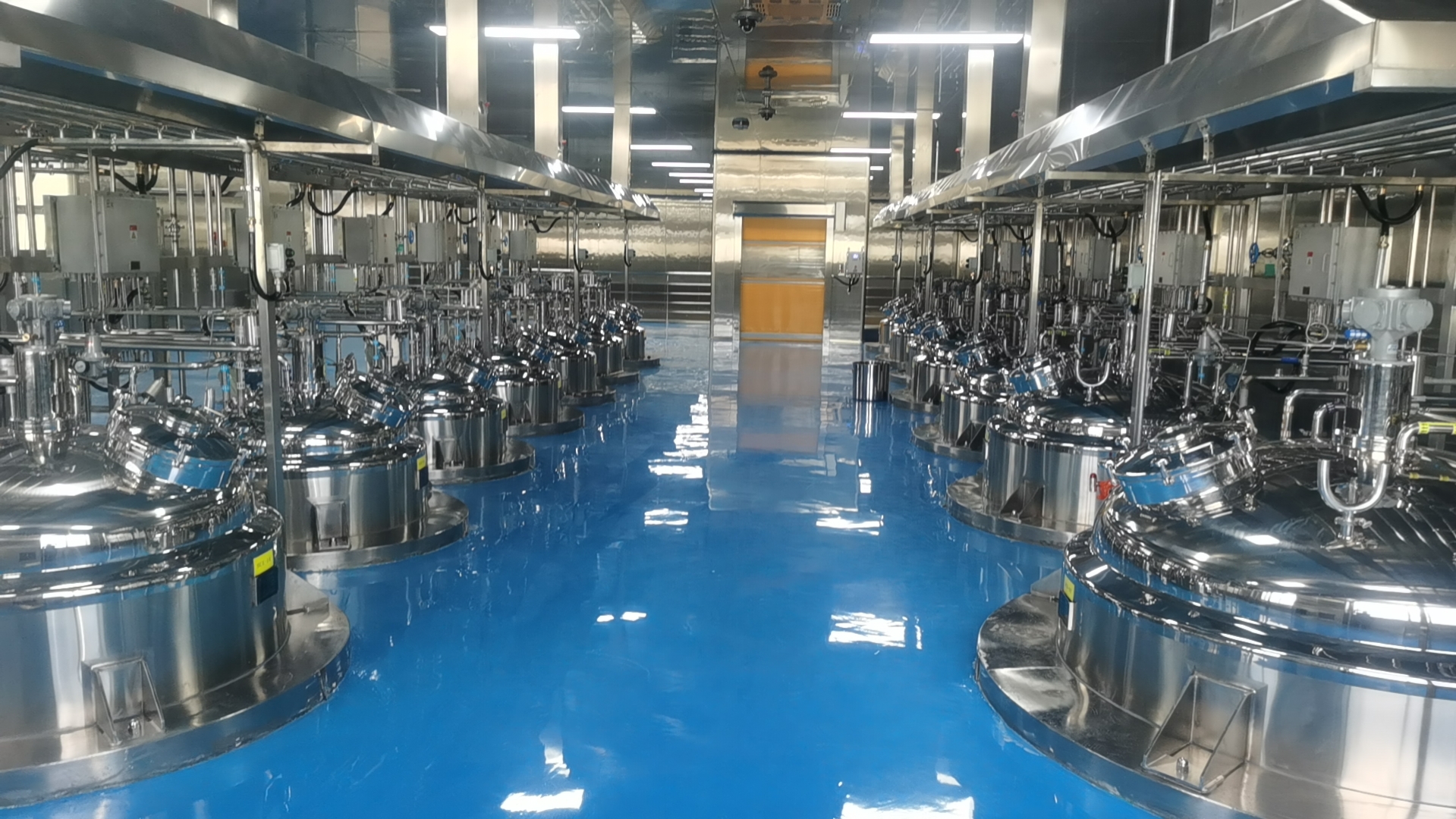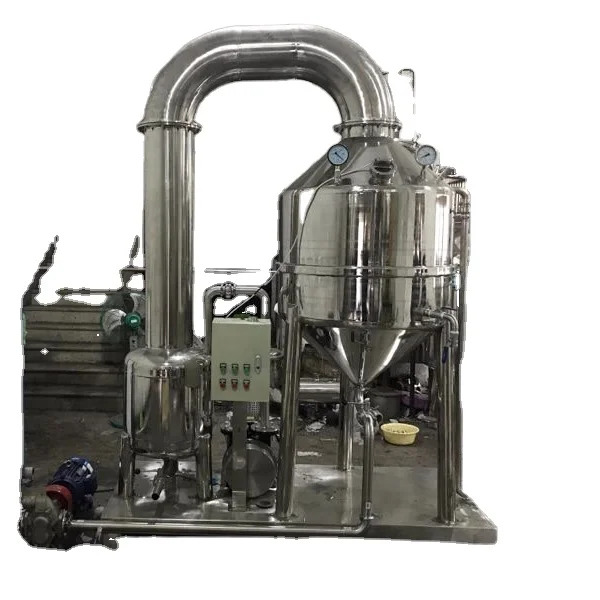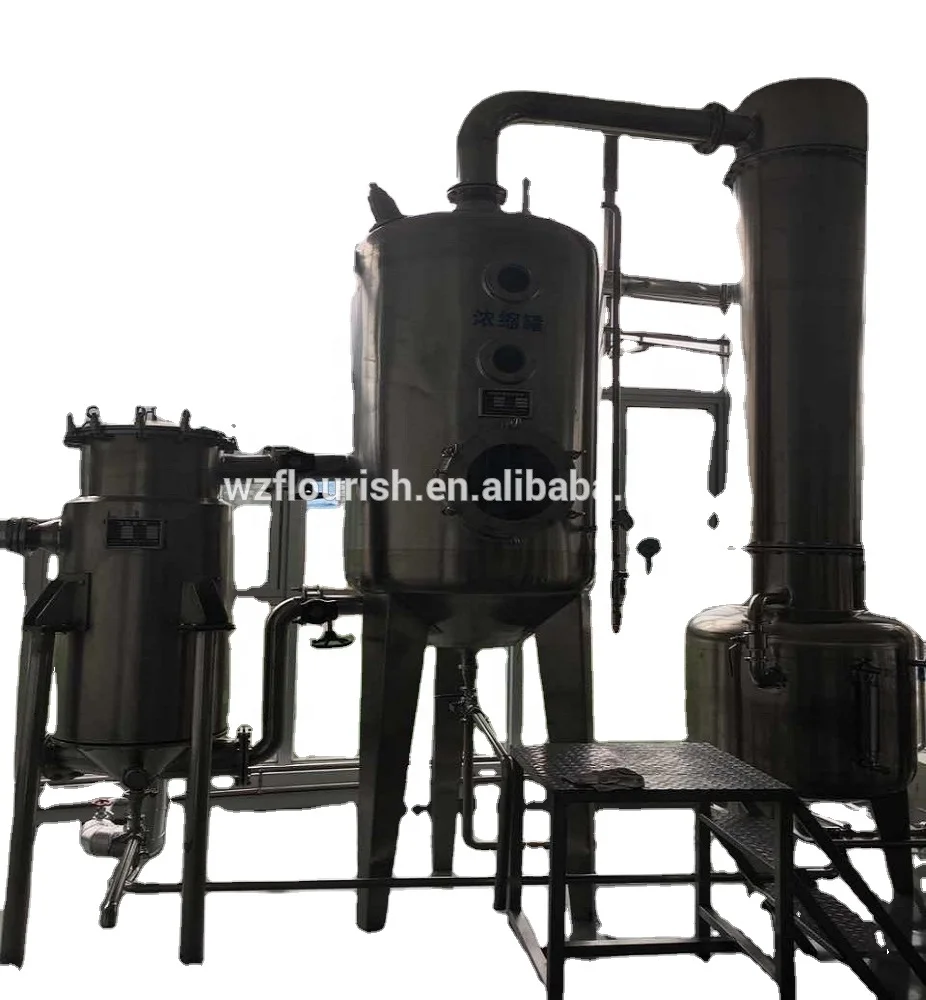
ABOUT
Wenzhou Vince Machinery Science Co., Ltd. was established in early 1980s. Our company covers an area of 6500 square meters and is an independent legal representative firm, possessing rich economic technology strength. Our company is a high tech enterprise and plays an important role in national dairy, foodstuff, pharmacy and machinery industries. We are a beverage machinery supplier.
Since the establishment, our company has mainly engaged in dairy products, foodstuff, beverage machinery, bean products, yellow wine, medicines and fermentation projects. What's more, our company supplies a complete sequence services in manufacturing, installation, test and personnel train, as well as the whole direction service design and consulting service on product project construction or enlargement artistic distribution engineering sets budget.
Boosting Milk Production Line Efficiency
Streamlining Processing Techniques
Modernizing processing equipment is a crucial step. Outdated machinery can lead to bottlenecks, increased downtime, and product spoilage. Investing in high-speed separators, homogenizers, and pasteurizers significantly improves throughput. Automation plays a key role here, minimizing human error and ensuring consistent processing. Regular maintenance and preventative measures further contribute to minimizing downtime and maximizing equipment lifespan.
Beyond equipment upgrades, optimizing process parameters is equally important. Careful adjustment of temperature, pressure, and flow rates can significantly impact efficiency. Data analytics can identify bottlenecks and areas for improvement within the existing system, leading to targeted adjustments and process optimization.
Improving Milk Handling and Transportation
Efficient milk handling starts at the farm. Implementing proper hygiene protocols and standardized collection practices minimizes contamination and reduces spoilage. This includes investing in high-quality refrigerated tankers and ensuring timely transportation to processing facilities. Real-time tracking and monitoring of milk shipments allow for improved logistics and reduces delays.
Within the processing plant, careful planning of the layout and flow of milk throughout the production line minimizes unnecessary movement and delays. Strategic placement of equipment minimizes the distance milk needs to travel, improving overall efficiency and reducing the risk of contamination.
Implementing Quality Control Measures
Rigorous quality control at each stage of the process is crucial. Implementing automated inspection systems reduces human error and improves the accuracy of quality assessments. Early detection and removal of substandard milk prevents further processing of unsuitable material, saving resources and improving the overall quality of the final product. This proactive approach minimizes waste and reduces the risk of costly recalls.
Adopting advanced analytical techniques, such as near-infrared spectroscopy (NIRS), allows for real-time monitoring of milk composition and quality. This enables prompt adjustments to processing parameters, ensuring consistent quality and reducing the likelihood of deviations from established standards.
SUBSCRIBE
INQUIRY





